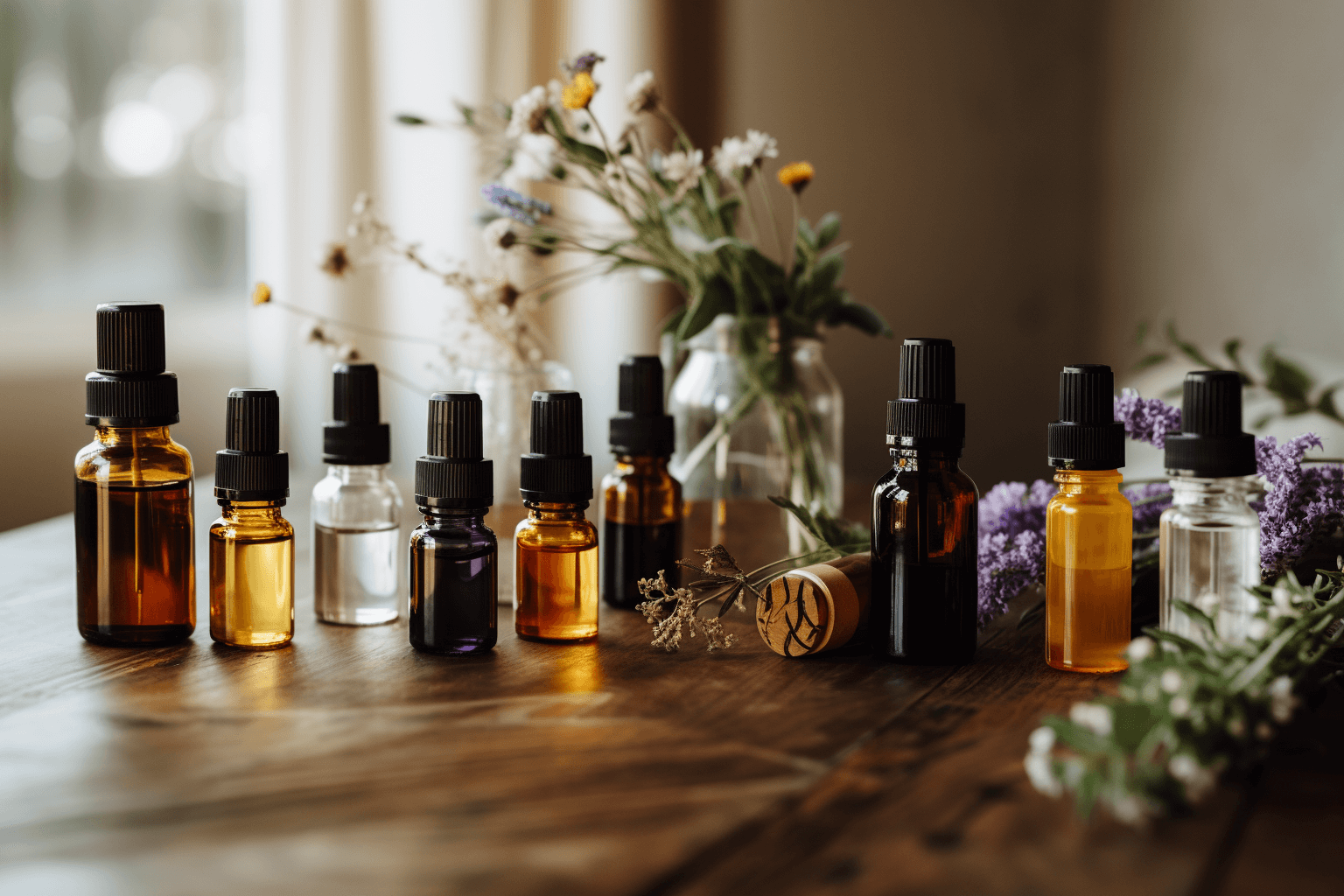Introduction to Batana Oil: Origins and Extraction
A hidden gem in the world of natural beauty products, originates from the American tropics, specifically from the nut of the American palm tree, known locally as the corozo palm. Indigenous communities, particularly the Miskito people of Honduras, have harvested and utilized batana oil for centuries, valuing its remarkable hair and skin benefits. The extraction process is labor-intensive, involving the hand-collecting of nuts, roasting, and then pressing to release the oil, a method that preserves its potent properties and ensures a high level of purity.
The traditional techniques used for extraction are as crucial to the oil’s efficacy as the oil itself. These methods, passed down through generations, help maintain the oil’s natural composition, making batana oil a uniquely potent product. The sustainable practices of local communities also play a vital role in the preservation of forests and the economic well-being of indigenous peoples, tying the production of batana oil to crucial environmental and social considerations.
The Composition of Batana Oil: What Makes It Special?
Batana oil’s unique composition sets it apart from other natural oils. Rich in fatty acids such as oleic and linoleic acids, it deeply nourishes the hair shaft, providing moisture and improving elasticity. Its high content of natural antioxidants and nutrients supports hair health, promoting shine and resilience.
The presence of tocotrienols, a form of vitamin E, contributes to its antioxidant properties, protecting hair from environmental stressors and damage. This rich nutritional profile not only aids in repairing damaged hair but also in maintaining scalp health, preventing dryness and flakiness.
Can be used for Hair Growth: Myth or Reality?
While empirical evidence supporting oil’s effectiveness in promoting hair growth is limited, anecdotal reports and the oil’s nutrient-rich profile suggest potential benefits. The oil’s natural components may stimulate the scalp, improve blood circulation, and foster a healthier environment for hair growth.
Researchers are beginning to explore the traditional claims of batana oil’s hair growth properties, looking into its potential to strengthen hair follicles and prevent hair loss. The role of traditional knowledge in understanding and validating the use of natural products like batana oil is invaluable, offering insights into sustainable, effective hair care practices.
Utilizing its effects for Maximum Shine and Strength
Incorporating batana oil into your hair care routine can transform your hair’s appearance and health. For maximum shine and strength, it is recommended to use the oil as a deep conditioning treatment, applying it to damp hair and leaving it on for several hours or overnight before washing it out.
Blending with other natural ingredients can enhance its efficacy. For instance, mixing it with coconut oil or shea butter can provide additional moisture and nutrients, making for a potent hair mask that addresses a range of hair concerns.
Batana Oil vs. Other Natural Oils: A Comparative Analysis
When compared to popular oils like argan or coconut oil, batana oil stands out for its unique properties and benefits. Its rich composition provides a deeper level of nourishment and repair, particularly for damaged or dry hair. Unlike lighter oils, batana oil offers substantial moisturizing benefits without leaving a greasy residue, making it suitable for various hair types.
The sustainability aspect of this oil, with its traditional, eco-friendly extraction methods, also contributes to its appeal. Consumers increasingly seek products that not only benefit their personal health but also have a positive impact on the environment and indigenous communities.

The Science Behind the Wonders: Understanding Its Benefits
Scientific studies on batana oil are in its infancy, but preliminary research underscores its potential in hair and scalp health. The oil’s fatty acid profile is particularly effective in penetrating the hair shaft, providing deep conditioning and strengthening the hair from within.
The antioxidant properties also play a crucial role in protecting the hair and scalp from oxidative stress, which can lead to premature aging and hair loss. These scientific insights complement traditional knowledge, providing a solid foundation for the oil’s benefits.
DIY Hair Treatments with Batana Oil: Recipes for Success
Creating your own hair treatments using batana oil can be a rewarding way to harness its benefits. A simple hair mask can be made by mixing batana oil with honey and avocado, offering deep conditioning and moisture. For a scalp treatment, mixing the oil with essential oils like peppermint or rosemary can stimulate the scalp and promote hair health. These DIY treatments allow for customization according to individual hair needs, making a versatile component of natural hair care routines.
Batana Oil for Scalp Health: Solving Common Issues
With its anti-inflammatory and antimicrobial properties make it an excellent remedy for scalp conditions such as dandruff and dermatitis. Regular application can help balance scalp oil production, alleviate itching, and promote a healthy scalp environment conducive to hair growth.
The importance of scalp health in overall hair care cannot be overstated, and batana oil’s nourishing properties offer a natural solution to common scalp issues, enhancing both hair quality and growth.
Sustainable Sourcing of Batana Oil: Ethical Considerations
The sustainable and ethical sourcing of batana oil is crucial to its appeal. Supporting products that adhere to fair trade practices ensures the economic empowerment of indigenous communities involved in its production. Consumers are encouraged to look for certifications and company policies that reflect a commitment to ethical sourcing.
The relationship between consumers, producers, and the environment is integral to the sustainability of oil production. By choosing ethically sourced batana oil, consumers can contribute to the preservation of traditional practices and the well-being of indigenous communities.
Where to Buy Batana Oil: A Buyer’s Guide to Quality Products
Finding high-quality batana oil requires attention to detail. It is essential to purchase from reputable suppliers who provide transparent information about the oil’s sourcing, extraction methods, and purity. Online marketplaces, natural health stores, and specialty shops are common places where batana oil can be found.
Looking for organic certifications and reading product reviews can also help ensure the oil’s quality and effectiveness. Engaging with communities and suppliers committed to sustainable and ethical practices can enrich the purchasing experience, ensuring that consumers receive a product that meets their expectations in terms of both quality and ethical standards.
This comprehensive exploration into its highlights its unique benefits and positions it as a valuable addition to natural hair care routines. Through sustainable practices and ethical sourcing, batana oil not only offers a path to healthier hair but also supports the preservation of traditional knowledge and the well-being of indigenous communities.
